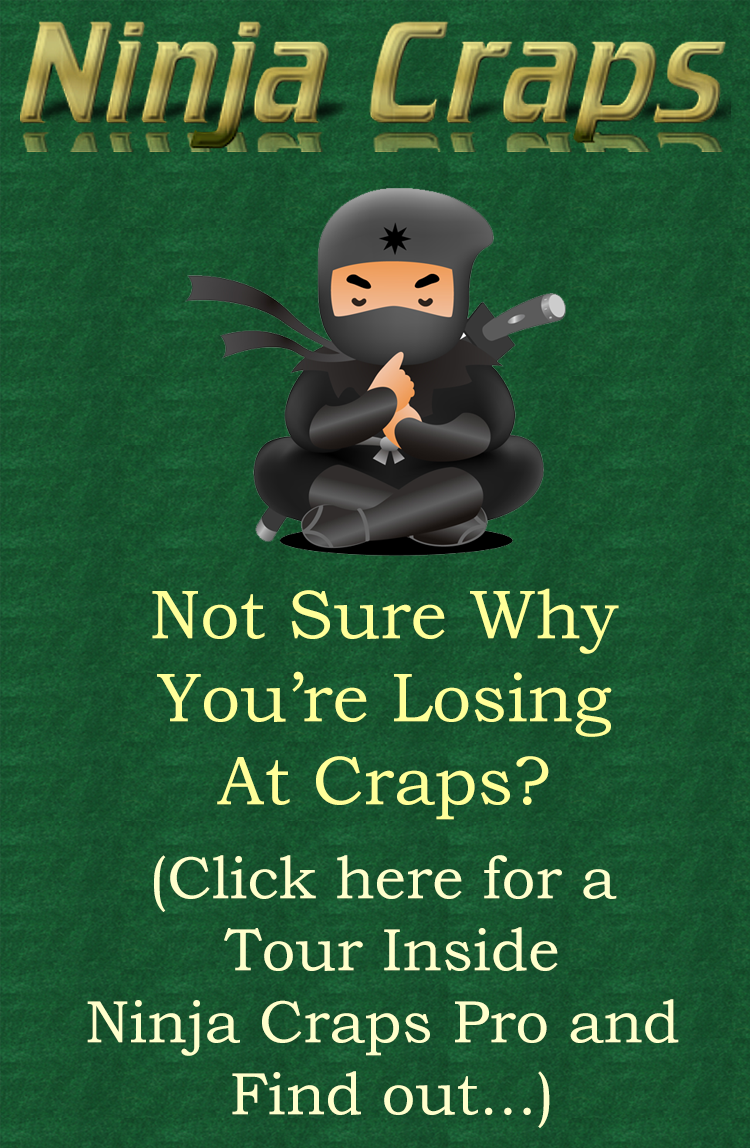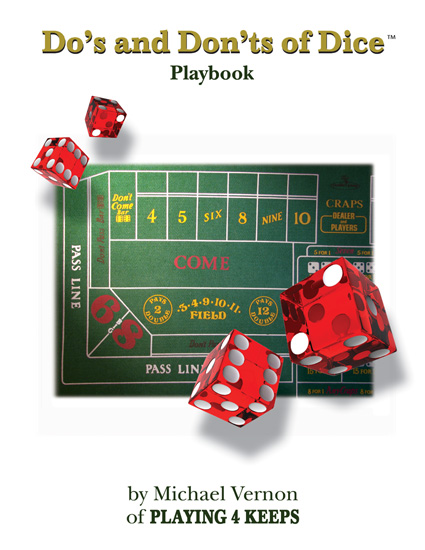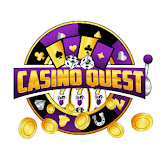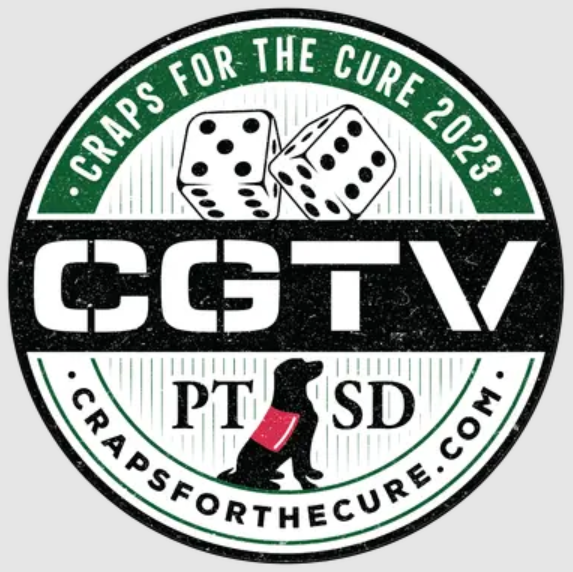|
Fear Not ...
BY: Michael Vernon
Play detached! Don't engage emotion and ego. These concepts have been at the heart of my lessons for the twelve years that I have been teaching gaming classes.
What is it that you are supposed to be doing or not doing when playing a casino game?
According to the National Institute of Mental Health, anxiety disorders plague about 40 million Americans. A study of the disorder, by Harvard Medical School, puts the dollar costs on the economy at approximately $42 billion annually. How much of this cost is attributed to anxious players' losses in a casino is not reported. What is known is that fear is the most basic primal emotion linked to survival. Surviving a game of chance, is after all, the bottom line.
Understanding how fear rules the brain is currently under investigation by scientists. They are researching the possible relationships of major medical problems to anxiety. It's not that fear is a bad thing. We all need enough of it to protect us at the appropriate times. The concern is the times when the emotion of fear takes over our brain and overloads us with undue stress. That can happen when playing a casino game. Decisions, productivity, reasoning, and logical action can be adversely effected by too much fear.
According to Michael Fanselow, a professor at U.C.L.A., "Fear is the most powerful emotion." Scientists who study the brain say fear is often the emotion "king" that rules the brain. Studies of fear have found that being very afraid affects other bodily functions. The good news is that it is usually possible to distinguish between situations that pose a real threat from those that are merely a perceived threat.
Panic attacks are a fear-based feeling that treats an emotional discomfort as though it were a real danger. The brain is somewhat tricked and over reacts to the situation. Scientists are exploring ways to dampen the process of the kind of fear that causes panic attacks. Counseling, meditation, relaxation exercises, and, of course, drugs, are some ways a person can overcome anxiety attacks.
In the brain, the amygdala is like central casting, responding to fear. The Amygdala is kind of like a smoke detector; the amygdala sends the alarm to other systems in the body. Again, we do have the ability to sorting out real danger from perceived danger unless suffering from posttraumatic stress syndrome and that can be treated too. Sometimes it is just a little smoke, no fire. When we do have those attacks, they may result in an emotional overload, which causes irrational behavior. Researchers have identified a specific chemical reaction in the amygdala responsible for overcoming fear. In other words, we do have the ability to control our fear.
When I address playing detached in a casino game, it is to engage control of negative emotions, especially fear. Playing with "scared money" is one kind of fear. Though I have no data, I feel that players too often enter the game with an anxious feeling about their money. They are overly concerned and worried about losing. Because they are uncomfortable with losing perceived fear moves to the forefront of their emotions, other body functions become involved, causing further distraction or irrational behavior. It is easy to see how a player can be overcome with stress. As stress builds, the player tries to gloss over the negative emotion, and continues to play. Under the influence of emotional stress, their focus is diminished, and they lack the awareness needed to play a controlled game. To add to this, the casino has installed an environment to further distract the player. A loss at the table fuels the anxiety and in short order the player is on tilt. He or she is out of control, and in desperation, chasing a loss. The very thing they fear, which is losing money, supplies the player's brain with the last thing the player needs, negative emotion, more fear.
By playing detached, the player is able to sidestep the anxious feelings and maintain self-control. The fear will not be reacted upon as a real danger. Compare the difference between doing something that you enjoy, like a hobby, to gambling. With gambling, there could be the feeling of fear for the amount of money at risk, losing the money and failure. Look at the hobby that you enjoy. It is likely that you never have anxiety when engaged in the hobby. You succeed at the hobby and you are free of negative emotion. You do not experience stress and you are probably feeling 100% good about what you are doing.
Detaching emotionally from fear is doable. We are capable of overriding fear in the amygdala and taking charge of our game. It involves practice of course and discipline. Recognizing or admitting the anxiety is the first step. Understanding how you react to the anxiety comes next. Then, as you are able to discriminate between perceived fear and real danger, you can detach emotionally allowing yourself to be 100% focused on the game.
Copyright 2007© Michael Vernon
Click Here to return to the list of prior articles ...
|
 |










